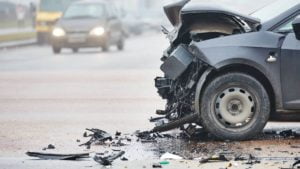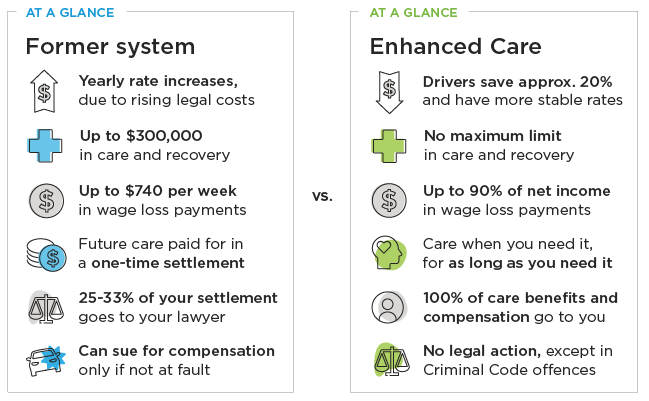ICBC, Car Accidents and Your Health
One of the last things any of us want to get into is a car accident. And yet, in Metro Vancouver, there are more than 60,000 car accidents each year. While our cars may take the brunt of the noticeable damage, the toll that motor vehicle accidents take on our bodies can also be significant.
Summary
- Get immediate care after reporting an accident to ICBC
- No doctor’s note needed within 12 weeks of the accident date
- Get access to Physiotherapy, Chiropractic Care, Massage and more
- Seeking Care from multiple services soon after your accident increases your chance of a speedy recovery
- Integrated with ICBC’s New Enhanced Care Benefit (Starting May 1, 2021)
- Download Our 2021 ICBC Reference Guide
Not Every Injury Can Be Seen or is Felt Immediately After an Accident
Some injuries may be felt immediately: a sore neck, a stiff back, a gash, cut or a bruise. Other, more serious, ailments might only present themselves in the subsequent hours, days, weeks or even months after an accident. Once the shock and adrenaline of the accident wears off, the pain may begin to set in, some of it debilitating. The strain, stress and tension a motor vehicle accident also puts on our minds should not be underestimated. Oftentimes the things we can’t see can take the brunt of the injury, much more so than the things we can see.
Some of the most debilitating and long-lasting ramifications include:
Soft tissue injuries
The formation of scar tissue
A reduction of our range of motion
An increase in pain
Impacts on our mental health
Lowering of our quality of life
Challenges in conducting our daily activities

If you or someone you know has been impacted by a car accident, we want to help you understand what care provisions you have access to and what you can do to better your chances of full recovery. Our therapists have seen hundreds of car accident victims at our clinic from East Vancouver, Burnaby and from across the Lower Mainland. Many of them come and see us and aren’t aware of which professionals they can see, the number of treatments they have access to, nor what we can do collaboratively at Backs in Action to help.
Want to talk to someone about your particular situation? Do you want to receive a call to help answer questions about your care, who you should see or what ICBC will cover? Fill out this form and someone will contact you to help you navigate questions about your coverage.
Patient Education Means Patient Empowerment
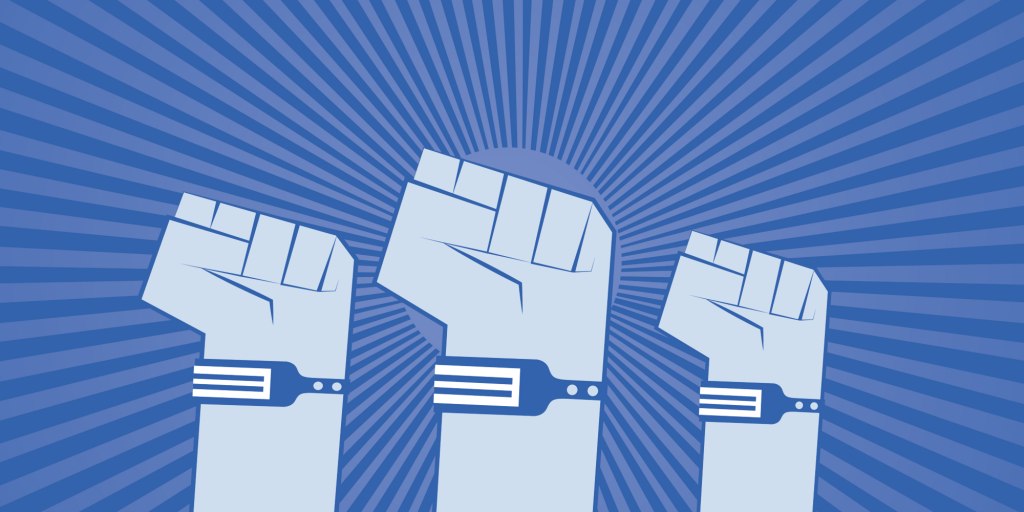
Patient education and empowerment is one of our core values at Backs in Action. We not only do our utmost to get you better, we take the extra step and provide you with the knowledge and know-how you need to ensure you’re doing whatever you can to get better as quickly as possible. Your goals are our goals because we want you to return to the activities you love in a state even better than your pre-accident level.
Download our useful ICBC Summary for everything you need to know about your coverage. Our motivation is to make sure you’re keeping informed so you can empower yourself to help you on the path of fastest recovery.
I’ve just been in accident, what should I do?
But first, let’s understand the process of what happens after an accident, how you can register your claim with ICBC and when you should be getting treatment.
Consider Seeing a Doctor, Physiotherapist or Chiropractor
After the shock of an accident has worn off, you should determine whether it might be prudent to see a medical expert. With serious and life-threatening injuries, you will be whisked off to a hospital, likely via an ambulance. But if you think you’re ok or are only feeling what you determine to be minor aches and pains, it may still be prudent to see a medical doctor or allied health specialist such as a physiotherapist or chiropractor.
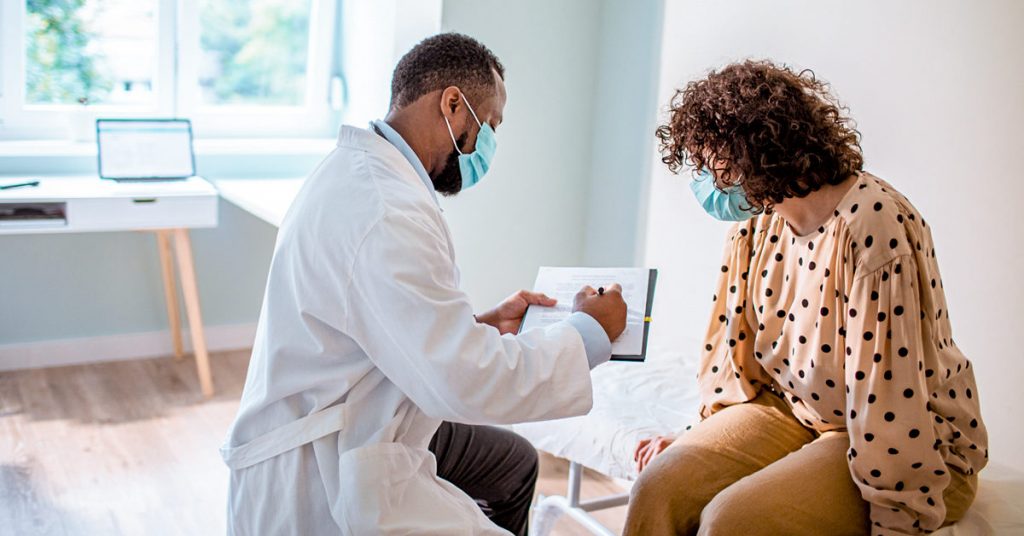
A medical doctor can perform a thorough examination, ask you questions about the impact and perform some diagnostic tests to see If he can determine anything that should be looked at in more detail or whether further tests should be ordered. In addition to a medical doctor, you also have access to ongoing, regular treatments from a physiotherapist, chiropractor, registered massage therapist, acupuncturist, kinesiologist and counsellor at no or little charge to you.
Report the Incident to ICBC
Before you can get access to care, you’ll need to report the accident to ICBC. You have 30 days to do so. Once you do, you will be provided with a claim number and be assigned an adjuster or claims specialist. This is true regardless of who is at fault in the accident and whether you were in a motor vehicle as a driver, passenger or have been affected as a pedestrian or bicyclist.
Understand the Treatments You Have Access To
Once you receive a claim number, you have access to a number of treatment options without the need for a doctor’s note. These treatments are available within 12 weeks, or about 3 months, after the accident date. The types of treatments and number of treatments that ICBC has pre-approved for all accident victims are listed here:
Physiotherapy Up to 25 treatments
Chiropractic Care Up to 25 treatments
Kinesiology Up to 12 treatments
Registered Massage Therapy Up to 12 treatments
Acupuncture Up to 12 treatments
Counselling Up to 12 treatments
Did your accident take place more than twelve weeks ago? You may still have access to treatments and care covered by ICBC. Call us with any questions you have at 604-876-9977 or email us at info@backsinaction.ca to find out if you’re still eligible

A Customized Care Plan Just For You
While you may not need access to all of the different treatment types, it’s important for you to know what each therapists does and how they may be able to help your recovery, manage your pain and help you to return to pre-accident levels or even more optimal levels of health. Remember that your care is customized to your specific injuries and complaints and your treatment plan focuses on your treatment goals. At Backs in Action, we work with you to come up with a tailored care plan based on your needs and goals. The plan takes into account the latest scientific research for best outcomes and incorporates ICBC’s new Enahanced Care plan beginning on May 1, 2021. That’s the advantage of having a diverse team of specialists under a single roof.
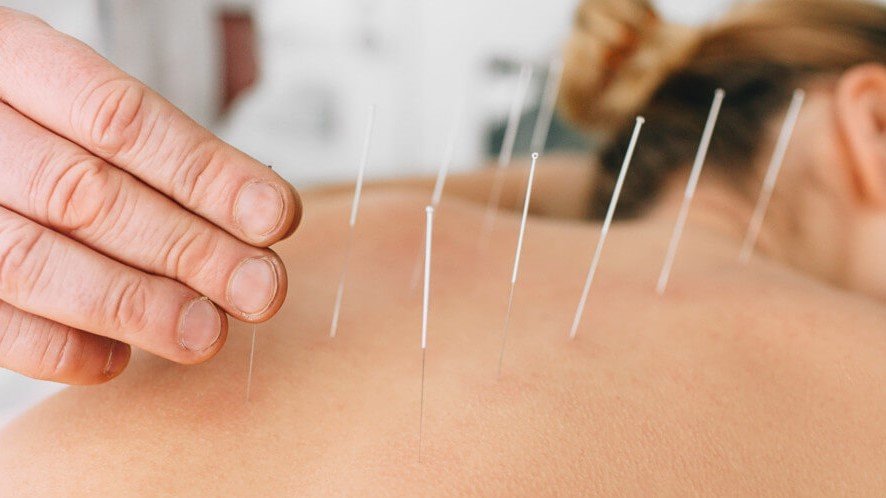
Think of seeing multiple practitioners as having a Board of Directors for your health. Multiple specialists who have overlapping but different approaches to care can each provide their expertise and insights into getting you better faster. Since Backs in Action has a model of collaborative and multimodal care, we offer all of these services under a single roof. This means that each therapist who sees you can work together, share their findings thereby adding to a deeper and more insightful understanding of you, your body and your goals for recovery.
If you’re not sure who to see or what expertise is best suited for your injuries, consider seeing a Chiropractor as a first point-of-call. As doctors, they can assess the situation and recommend or refer you to other practitioners based on what they find in their assessments. Did you know ICBC covers all or most of your treatment costs? Find out if there are user fees for the services you are interested in
So What Do Each of These Therapists Do?
Chiropractors are biomechanical experts focusing on the diagnosis and treatment of conditions related to the spine, muscle and nervous systems. They assess, diagnose, treat as well as offer preventative care to reduce pain and improve the body’s functionality. In particular, they focus on the intimate relationship between the nervous system and the spine to reduce back pain and facilitate pain-free movement for patients.
Physiotherapists combine their in-depth knowledge of the body and how it works with specialized hands-on clinical skills to assess and treat symptoms of illness, injury or disability. Physiotherapists help you to become stronger and more flexible, increase your range of motion, restore muscle balance, reduce pain and prevent injury. In doing so, you can resume the activities most important to you so you can return to your activities of daily life as pain-free as possible.
Physiotherapists can also help recovery from concussion, symptoms of dizziness and vertigo related to the vestibular system as well as reduce chronic and acute pain through dry needling techniques such as IMS (intramuscular stimulation).

Kinesiologists specialize in Active Rehab (also known as Exercise Rehab) and build on your physio care with a focus on individual exercise plans to build strength and range of motion. They spend active time with patients and provide training on proper posture-related activities such as lifting, sitting and standing. As specialists in human movement, they can help create exercise and stretching plans specific to your body so that the tasks you carry out on a regular basis can become more comfortable. These customized, one-on-one exercise plans are supervised by the kinesiologist ensuring optimal form and prevention of injury.

Acupuncturists improve the body’s functions and promote its natural self-healing process by stimulating strategic points on the body through the insertion of fine, sterile needles into the skin. They also utilize tools such as cupping and massage to help with blood flow and circulation. Acupuncture is a key component of traditional Chinese medicine and is most often used to treat pain as well as overall wellness and stress management by realigning the flow of your qi or energy.
Registered Massage Therapists (or RMTs) are effective in treating and providing relief for a wide range of conditions related to soft tissue and joint dysfunction. Massage therapists help to reduce muscle tension, improve circulation and the functioning of the immune system and increase lymphatic drainage. Through therapeutic touch, they can also contribute to reduced depression and anxiety and help to increase one’s awareness of their body and areas of tension.

Registered Clinical Counsellors are mental health specialists and use established mental health principles and techniques to aid you in gaining insights into existing challenges, acquiring new skills and being able to obtain emotional freedom from past issues. Often clients seeks counselling when their usual problem-solving methods aren’t able to satisfactorily resolve a difficult situation such as breaking a negative behaviour, allaying fear, coping with anxiety or helping resolve a trying situation with someone in their life. A Clinical Counsellor’s role is to facilitate a client-led exploration and resolution of problems of the client’s choosing.
Have Questions? Get in Touch
Now that you know more about each of the services at Backs in Action and how they may contribute to your physical and mental well-being, are you wondering who you should see first?
Fill in our Contact Form or phone us at 604-876-9977 so we can help to develop a care plan for you. You can also find out more about our multidisciplinary team and book an appointment online.
Have A Complicated Case? No Problem
We see complicated cases all the time. Not sure if:
You’re eligible for treatment because you’ve gotten into an accident outside of British Columbia?
You’re eligible for treatment because you’re an out-of-province driver involved in a motor vehicle accident in BC?
Your claim should go through WorksafeBC or ICBC because you got into an accident while on the job?
Call or contact us and we’d be happy to help.
References
Lower Mainland Crashes 2015-2019
Common Car Accident Injuries – From Fractures to Whiplash: How A Car Accident Can Leave Long Lasting Injuries
Car Accidents and Your Mental Health – Does Your Mind Feel Likes Its Been Hit By A Car: How Being In A Car Crash Can Affect Your Mental Well-Being, Not Just Your Physical Health
Report a Claim to ICBC
When You’ve Been Injured in a Crash

